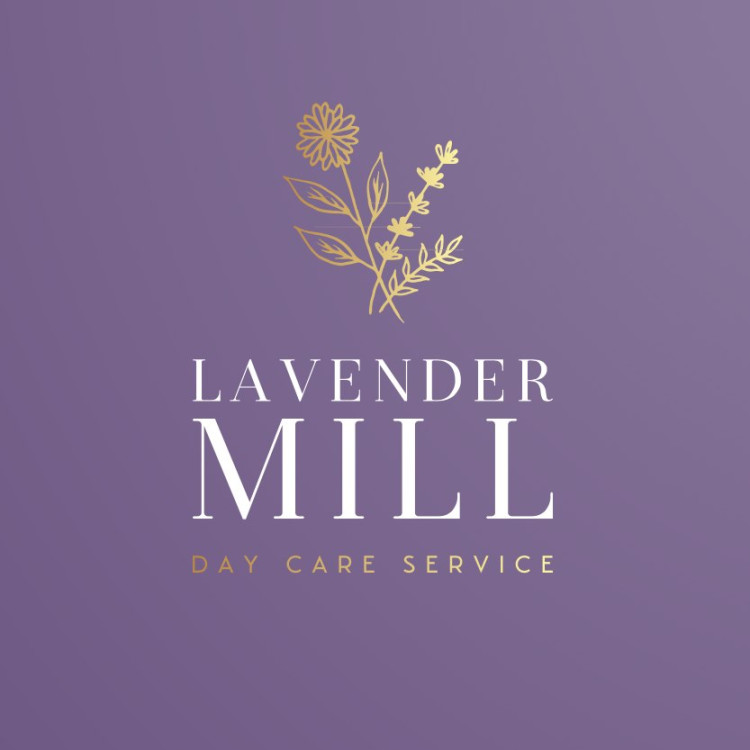Rutland Council prepare to consult public on budget, including Council Tax increase
By Evie Payne 10th Jan 2023
By Evie Payne 10th Jan 2023

Rutland County Council is getting ready to consult residents and businesses on a range of proposals that make up its draft annual budget for 2023/24.
The council must set a balanced budget at the start of each year, explaining its financial position, how much is needed to run services and where this money will come from.
Current economic conditions are placing pressure on the public sector, with the cost of delivering services rising beyond any increase in funding for councils.
Despite making savings in 2022, increased demand for services, rising energy prices and an inflation rate of 10% over the past 12 months mean it will cost Rutland County Council £6.1million more to deliver the same services in 2023/24, compared with last year.
For example, just 12 months ago, the council was able to place vulnerable residents in care beds at a cost of £535 a week. Now the cost is reaching £900 a week.
The council will meet such extra costs through a combination of savings, additional investment income and business rates, Government funding, council tax and its reserves.
Rutland County Council recently approved a new Financial Sustainability Strategy that aims to use council tax, cost reductions and a safe amount of reserve funding (savings) to balance Rutland's annual budget in each of the next four years. The total savings target over this period is around £4.9million, made possible by an extensive Transformation Programme that will reshape the organisation and change how local services are delivered.
The council has already made savings of almost £12.5million in the 10 years between 2011 and 2021, helping to absorb some of the pressure caused by rising inflation and growing demand for key services like adults and children's social care.
Council leader Lucy Stephenson said: "Make no mistake, this is a critical budget. Global energy prices and soaring inflation are hurting households everywhere and heaping immense pressure on our public services, while they're still recovering from the pandemic. As a council, we are left with little choice but to set a budget based on the stark reality of the current situation. In short, everything is costing more, from the diesel needed to fuel our bin lorries to the delivery of specialist services that protect our most vulnerable residents.
"With the 12-month rate of inflation calculated at 10% for 2022, the government expects all councils to raise council tax by the maximum amount allowed, as well as using reserves and making savings to balance their budgets and keep on delivering services. This is what we must do.
"With local elections in May, councillors could quite easily place their electoral ambitions ahead of the county's long-term needs by offering a council tax freeze and exhausting our reserves to pay for it. If we do this, our funding gap will grow beyond our control in the coming years and risk bankruptcy in the future.
"Although the situation is serious, many other councils are in a worse position and face the prospect of sweeping cuts to balance their books. Rutland has enough reserves to manage the situation, if used carefully, and implement a Transformation Programme that creates a leaner council over the next four years – one where we spend less money by changing how we work and prioritising those most in need. This budget is the first step to securing long-term financial sustainability for the council and for Rutland, as an independent county, in an increasingly uncertain world."
The council's draft budget for 2023/24 allocates £46.549 million to run services over the next 12 months (up from £44.029million last year). This is the total yearly cost of everything from road maintenance and recycling to library services, fostering and adoption, bus travel, school transport and care for older people.
In addition to spending plans for the year ahead, the council's draft budget includes proposals for a council tax rise of 2.99%, plus an adult social care precept of 2% which would be used specifically to fund adult social care services.
If approved, the average increase in council tax for a Band D property in Rutland would be just under £8 per month, with an extra £33k of council tax support made available to help anyone on a low income.
Rutland County Council's cabinet will consider the proposals that make up the 2023/24 draft budget at its next meeting on Thursday 12 January 2023. The agenda and reports for this meeting can be read online.
If approved, public consultation on the draft budget will run from Friday 13 January to Friday 3 February 2023.
Feedback received as part of the consultation will be reported to cabinet and council in February, so that all councillors can consider the comments prior to a final budget being approved.
Follow Oakham Nub News to find out about the consultation when further details are released, or join the conversation by emailing [email protected].
CHECK OUT OUR Jobs Section HERE!
oakham vacancies updated hourly!
Click here to see more: oakham jobs
Share:














